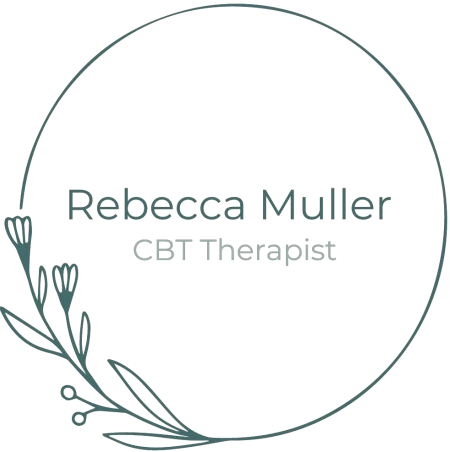Whether it’s a single event trauma or a cluster of similar traumatic events, trauma can be a complex and challenging experience to navigate, and it's important to approach it in a trauma-informed way. From my point of view as a therapist, this means asking not what's wrong with you, but rather what happened to you. By acknowledging this, we can create a safe and supportive environment for your healing.
Dr Stephen Porges' Polyvagal Theory highlights that trauma is not just an event but also a response to that event. This response can manifest in various ways, such as physical, not just emotional, and mental symptoms, and it's crucial to recognize and address these symptoms to move towards healing.
According to Dr Gabor Mate, trauma is a disconnection, and disease is the physical manifestation of that disconnection. This means that to heal from trauma, we need to address the disconnection in mind, body, and spirit. Healing is about becoming whole again and reconnecting with ourselves.
One of the most significant difficulties in doing this for people who have experienced trauma is finding a sense of safety in their own bodies. As Dr Bessel van Der Kolk highlights, this sense of safety is critical for moving forwards from trauma. Often, trauma can leave us feeling disconnected and unsafe, making it challenging to feel comfortable in our own bodies, as he states: ‘The Body Keeps the Score!’
This is because overwhelming trauma, leads to a physiological response which interferes with information processing. Component parts of the traumatic event are stored as fragments of memory. These fragments become frozen and are not integrated into the rest of the experience. Fragments (behaviour, emotion, sensation, and thoughts) can be re activated or triggered leading to re-experiencing as opposed to remembering. This can be as distressing as the original event.
Based on this, it makes sense then to integrate somatic practices such as breathwork and bodywork with traditional cognitive psychotherapy, which can be an effective way to address trauma. By addressing the trauma at a physical level, we can start to release the tension and stress that is held in the body, which will impact the mind. This approach recognises that the body holds onto trauma and addressing it at the physical level can lead to deeper healing.
My master’s research explored patients' experiences of yoga for trauma, and I found that alternative approaches, such as bodywork in the form of yoga, may be a useful addition to traditional trauma-focused cognitive therapy. Yoga offers a safe and supportive environment to explore and release the tension and stress held in the body. By integrating therapies, I can offer an holistic approach to healing trauma.
I recently completed a CPD in Yoga Therapy for Trauma and am currently working 1-1 with a yoga therapist to learn techniques and tools to integrate more somatic techniques into therapy. Through this training, I've seen first-hand the power of integrating these practices into my work. Yoga can be an effective way to address trauma as it combines both physical, mental, and spiritual elements, creating a holistic approach to healing.
Trauma is a complex experience, and healing from it requires a multifaceted approach. By approaching it through a trauma-informed lens, we can create a safe and supportive environment for you to heal. Integrating somatic practices such as yoga and breathwork into traditional cognitive psychotherapy can offer a truly holistic approach to healing trauma.
If you are seeking support from an experienced and professional CBT Psychotherapist, please do not hesitate to contact me today.
